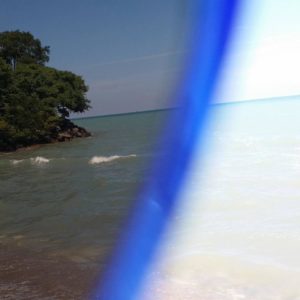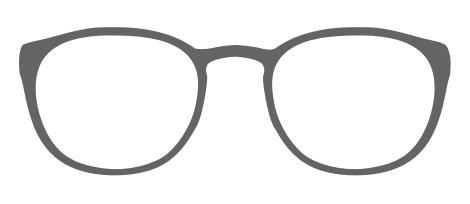Can you winterize your eyes?
Here we are again, bundling up for the cold winter of the Midwest. We’re no strangers to the sheer cold, couple feet of snow, and increase in traffic delays. But, these aren’t the only hurdles to conquer during the season. Even though it gets pretty cold out there, the sun still shines just as strong as it does during the summer. And it can have a much harsher affect on your eyesight than you realize. Sure, no one is going to look directly into the sun, but with its reflection bouncing off the snow, and the salt on your windshield, it might seem like you are. To combat these glares, polarized lenses are most recommended. In fact polarized lenses are highly recommended for all winter activities.
How do polarized lenses work?
You put on a pair of sunglasses, step outside to warm up the car, and then like a camera flash you find yourself trying to blink the light out. Lens materials vary from one pair of sunglasses to another. Basic sunglasses are just tinted lenses. Polarized lenses are designed to reduce the effects of glare that come off of metallic objects, glass windows, water and snow (check out the image below). So how do these lenses prevent that, and provide a more comfortable view of the world? They are are designed with a filter that blocks out light that becomes polarized when it hits a reflective surface. If you are planning to be outside during the snowy season, consider donning a pair of sunglasses with polarized lenses.

Where can you try out polarized lenses?
Stop in, and anyone of Prism Optical’s friendly staff can tell you about the differences between standard shades and their polarized counterparts. They will even let you try out the difference on-sight. Keep in mind, as these lenses are designed to filter out certain lights, they aren’t great for viewing data on some LCD and LED screens. If you have a prescription, don’t worry, it can be worked into a polarized lens just like any other.


